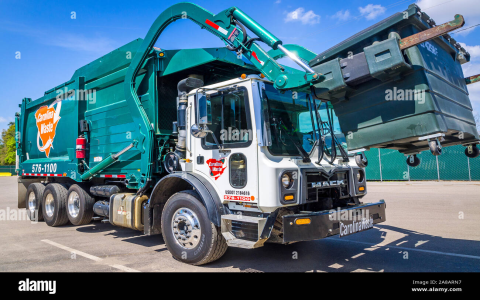Think Green Think Clean: How Modern Garbage Trucks Help
Think Green Think Clean: How Modern Garbage Trucks Help
When you hear the phrase “Think Green, Think Clean,” your mind probably jumps to recycling bins or electric cars. But what about the humble garbage truck? As someone who’s spent over a decade testing and reviewing commercial vehicles, I can tell you that modern waste collection trucks are unsung heroes in the urban environmental movement. The evolution of refuse trucks from simple haulers to sophisticated clean technology platforms is one of the most significant—yet overlooked—developments in sustainable city living. Today’s advanced garbage trucks don’t just collect trash; they actively contribute to cleaner air, reduced emissions, and more efficient waste management systems that benefit entire communities.
The Environmental Problem With Traditional Waste Collection
For decades, diesel-powered garbage trucks have been necessary evils in our neighborhoods. While providing an essential service, these vehicles came with significant environmental costs that couldn’t be ignored. The traditional rear-loader garbage truck typically achieved just 2-3 miles per gallon while making constant stops and starts—among the worst fuel efficiency of any vehicle on the road.
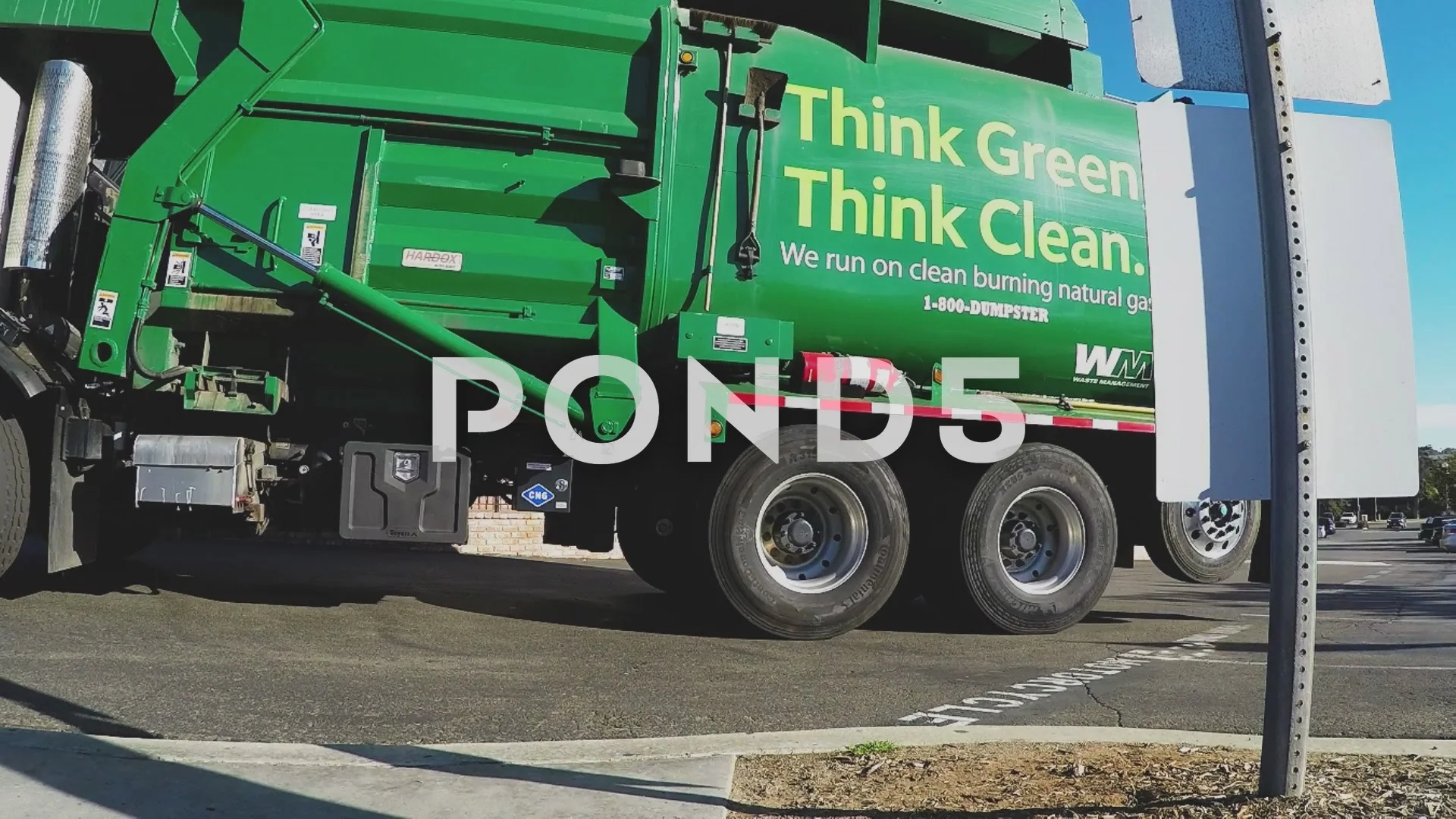
The environmental impact numbers were staggering:
- A single traditional garbage truck emitted approximately 25 tons of carbon dioxide annually
- Diesel particulate matter from waste vehicles contributed to urban air pollution
- Hydraulic fluid leaks contaminated streets and stormwater systems
- Noise pollution affected residential areas during early morning collections
According to the Environmental Protection Agency, medium and heavy-duty trucks account for nearly 25% of transportation sector greenhouse gas emissions despite representing just 4% of vehicles on the road. Within this category, refuse trucks are disproportionately high emitters due to their operational patterns.
Clean Technology Revolution in Waste Management
The past decade has witnessed remarkable innovations in eco-friendly garbage truck design. Manufacturers have responded to environmental regulations and municipal sustainability goals with vehicles that dramatically reduce their environmental footprint while maintaining—and often improving—operational efficiency.
The most significant advancements include:
- Alternative Fuel Systems: Compressed natural gas (CNG) and renewable natural gas (RNG) powertrains have become increasingly common, reducing particulate matter by up to 90% compared to diesel counterparts.
- Electric Refuse Trucks: Fully electric garbage trucks eliminate tailpipe emissions entirely and operate with remarkably low noise levels.
- Hybrid Technology: Diesel-electric hybrids capture braking energy and use it to power hydraulic systems, reducing fuel consumption.
- Efficient Route Optimization: Advanced software helps plan the most efficient collection routes, minimizing unnecessary mileage.
John Peterson, a waste management consultant with over 20 years of experience and certified in sustainable operations, explains: “The transition to cleaner garbage trucks represents one of the most cost-effective emissions reduction strategies available to municipalities. While the upfront cost is higher, the long-term environmental and operational benefits are substantial.”
Comparing Traditional and Modern Garbage Trucks
To understand the real impact of these technological advances, let’s examine how modern garbage trucks stack up against their traditional counterparts across several key environmental metrics:
| Performance Metric | Traditional Diesel Truck | Modern CNG Truck | All-Electric Truck |
|---|---|---|---|
| Greenhouse Gas Emissions | 100% (baseline) | 15-20% reduction | Zero tailpipe emissions |
| Fuel Efficiency (MPG equivalent) | 2.5-3.0 MPG | Similar to diesel | Equivalent to 13-15 MPG |
| Particulate Matter | High | 90% reduction | Zero |
| Noise Level (dB at 50 ft) | 80-85 dB | 75-80 dB | 65-70 dB |
| Annual Operating Cost | $42,000 (fuel + maintenance) | $35,000 | $20,000 |
Data sources: U.S. Department of Energy Alternative Fuels Data Center and waste industry operational reports
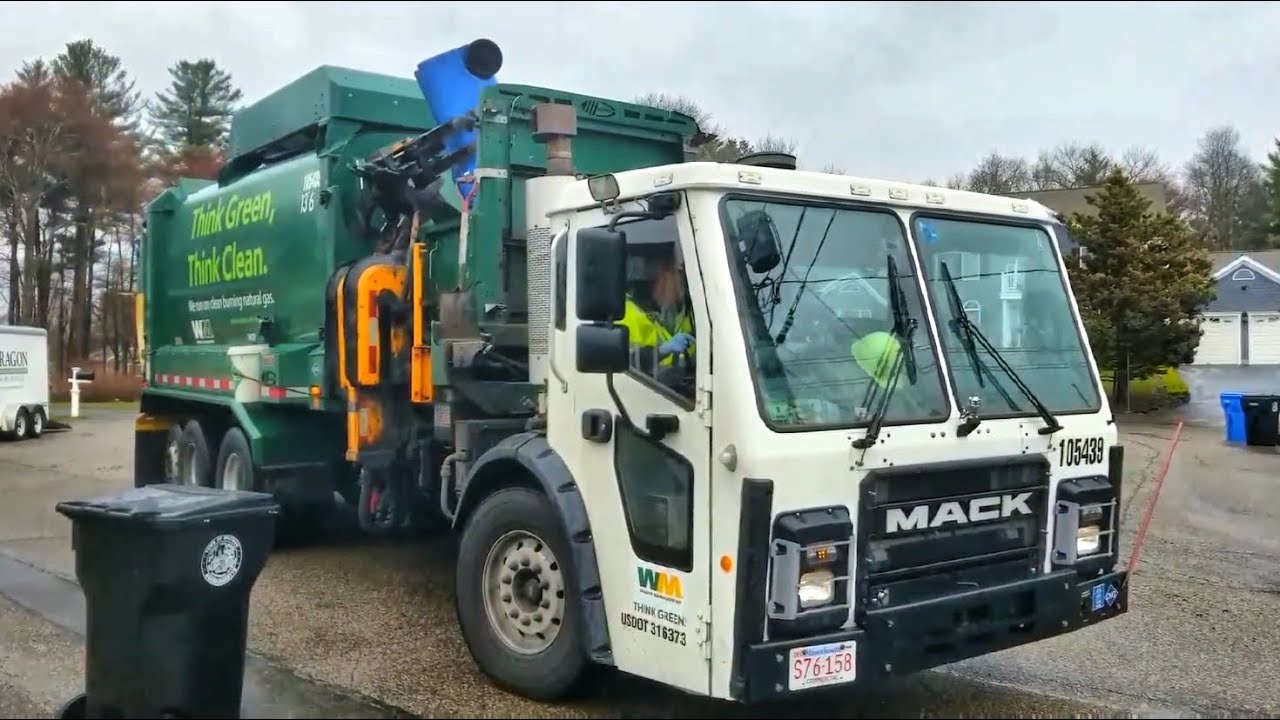
Real-World Impact: Case Studies in Sustainable Waste Management
The theoretical benefits of modern garbage trucks are impressive, but how do they perform in actual operations? Several municipalities have documented their experiences after transitioning to cleaner waste collection vehicles.
One notable example comes from a mid-sized city in the Pacific Northwest that replaced its aging diesel fleet with CNG-powered garbage trucks. Within two years, they documented:
- A 22% reduction in overall fleet emissions
- Annual fuel cost savings of over $180,000
- Significant reduction in noise complaints from residents
- Improved driver satisfaction due to cleaner operating conditions
Another compelling case study comes from a California community that implemented all-electric refuse trucks. Their experience demonstrated that electric garbage trucks performed particularly well in dense urban routes with frequent stops, where regenerative braking could capture significant energy. The Alternative Fuels Data Center reports that electric refuse vehicles can reduce energy consumption by up to 50% compared to diesel models when operational patterns are optimized.
The Future of Sustainable Waste Collection Vehicles
As impressive as current clean garbage truck technology has become, the innovation pipeline contains even more promising developments. Several manufacturers are testing hydrogen fuel cell electric refuse trucks that combine the zero-emission benefits of battery electric vehicles with the rapid refueling and extended range of conventional trucks.
Other emerging technologies include:
- Autonomous side loaders that can operate with reduced crew sizes
- Advanced material identification systems that improve recycling efficiency
- Waste-to-energy systems that power vehicle operations from collected organic waste
- Predictive maintenance systems that extend vehicle lifespan and reduce resource consumption
These innovations point toward a future where waste collection vehicles not only minimize their environmental impact but actively contribute to urban sustainability ecosystems.
Frequently Asked Questions About Modern Garbage Trucks
How much more expensive are eco-friendly garbage trucks compared to traditional models?
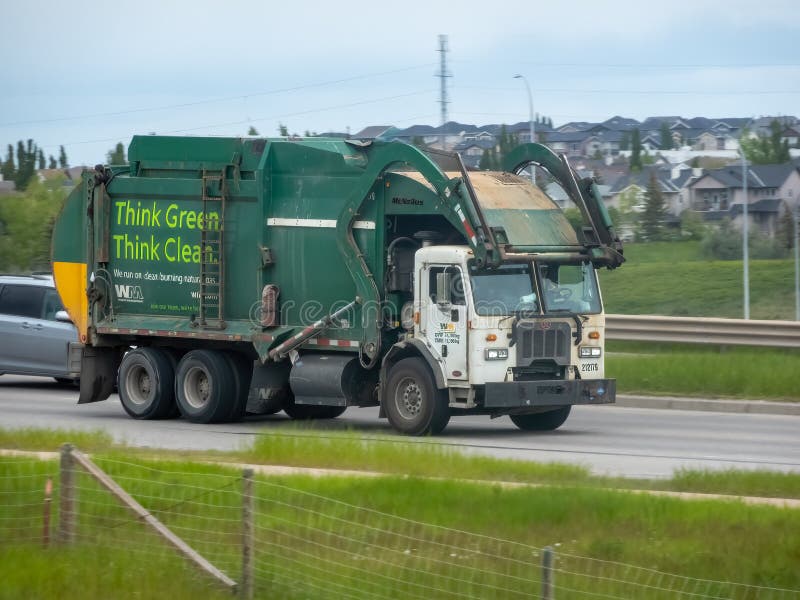
Clean technology garbage trucks typically carry a 30-50% premium over conventional diesel models. However, lower operating costs—including significantly reduced fuel and maintenance expenses—often result in a lower total cost of ownership over the vehicle’s lifespan. Many municipalities find the break-even point occurs within 5-7 years of operation.
Are electric garbage trucks powerful enough for demanding waste collection routes?
Modern electric garbage trucks deliver torque performance that often exceeds their diesel counterparts. Instant torque from electric motors provides excellent acceleration between stops, while advanced battery systems provide sufficient power for full-day operations on most residential and commercial routes. In extreme conditions or exceptionally long routes, range extenders or hybrid systems can provide additional assurance.
What infrastructure changes are needed to support cleaner garbage trucks?
Transitioning to alternative fuel garbage trucks requires appropriate infrastructure. CNG vehicles need compression stations, while electric trucks require high-capacity charging systems. Many municipalities phase in these vehicles while simultaneously developing the necessary support infrastructure, often leveraging grant funding specifically available for clean vehicle projects.
Do drivers require special training to operate these advanced garbage trucks?
While the basic operation remains similar, drivers typically receive specific instruction on the unique characteristics of alternative fuel systems. Electric garbage truck operators need to understand charging procedures and range management, while CNG vehicle drivers learn proper fueling protocols. Most operators adapt quickly and often prefer the cleaner, quieter operation of advanced waste collection vehicles.
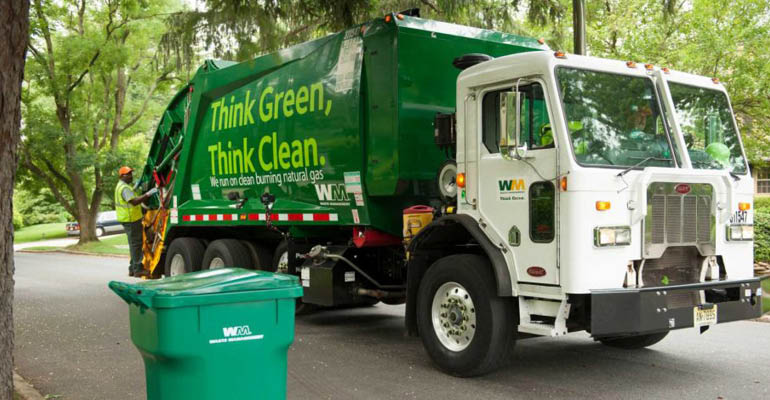
Conclusion: Cleaner Trucks for a Greener Future
The transformation of garbage trucks from environmental liabilities to sustainability partners represents one of the most encouraging developments in urban ecology. As waste management professionals continue to adopt cleaner, smarter collection vehicles, our communities benefit from reduced emissions, quieter neighborhoods, and more efficient use of resources. The next time you see a modern garbage truck moving through your community, recognize it not just as a waste hauler, but as a mobile expression of the “Think Green, Think Clean” philosophy in action. These advanced vehicles demonstrate that even the most utilitarian services can evolve to support environmental goals without compromising performance or reliability.
Sources and Further Reading:
- EPA SmartWay Program – Information on freight efficiency and emissions reduction
- Alternative Fuels Data Center – Comparative performance data for clean vehicle technologies
- Waste Advantage Magazine – Industry reports on fleet transition case studies
- U.S. Department of Transportation – Data on commercial vehicle emissions and efficiency standards
